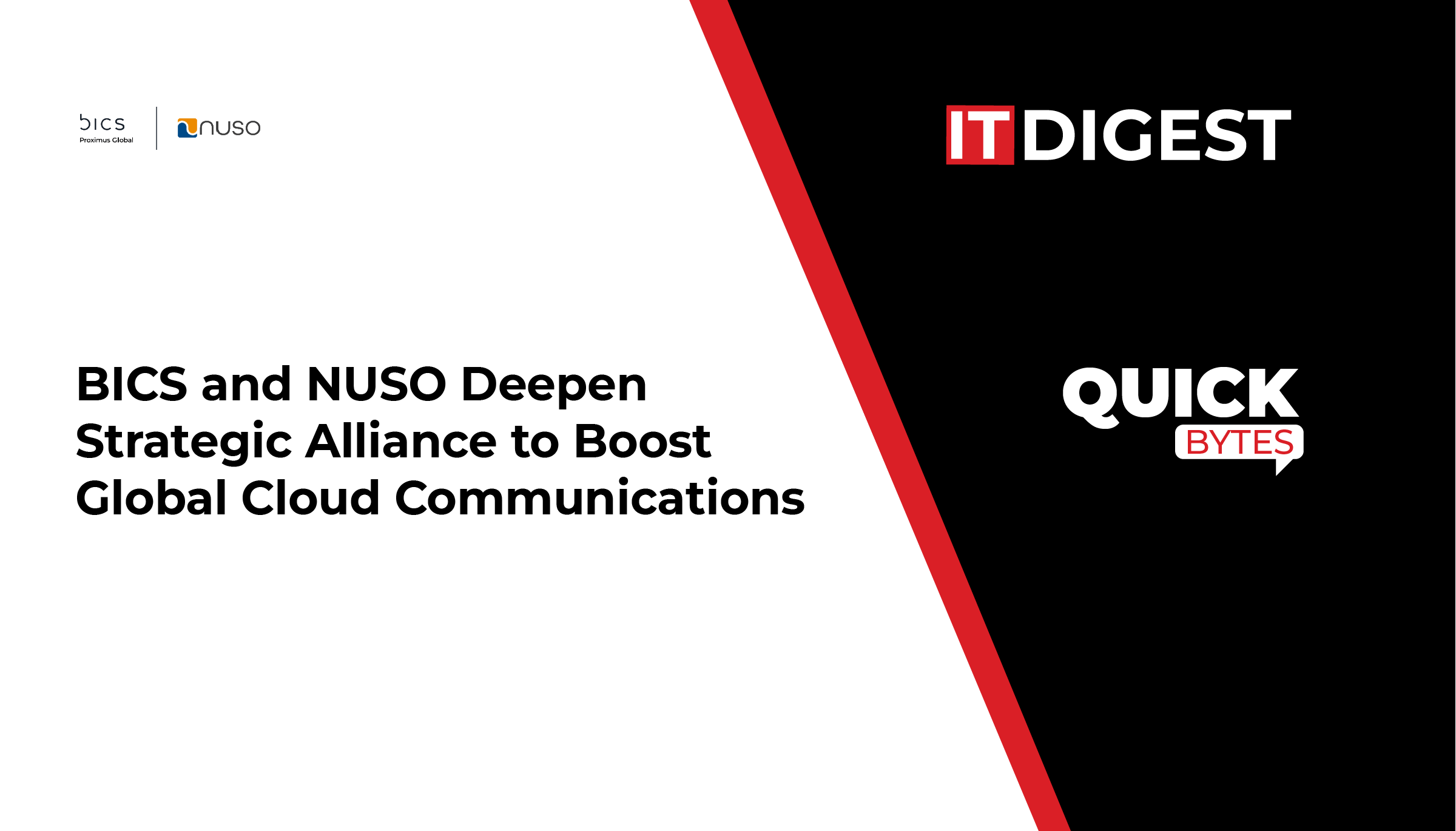Elasticsearch integrates with NVIDIA Enterprise AI Factory validated design to fuel AI agents and generative AI applications with real-time intelligence
Elastic, the Search AI Company, announced that Elasticsearch is now integrated with the NVIDIA Enterprise AI Factory validated design, offering enterprises a robust vector database solution to power their on-premises AI initiatives. This collaboration positions Elasticsearch as a key enabler for organizations looking to build scalable, high-performance AI factories within their own data centers.
As part of this integration, Elastic will leverage NVIDIA cuVS to develop a new Elasticsearch plugin that significantly improves vector search performance by accelerating index creation and query execution using GPU technology.
“We are obsessed with building the best vector database in the market,” said Ken Exner, chief product officer at Elastic. “NVIDIA Enterprise AI Factory validated designs enable Elastic customers to unlock faster, more relevant insights from their data.”
Also Read: Fivetran to Acquire Census, Enabling End-to-End AI Data Flow
Elasticsearch has long been a trusted solution across industries for powering vector search and AI-driven applications. Backed by a vibrant open source community, Elastic continues to innovate in performance optimization. Previous advancements include hardware-accelerated CPU SIMD instructions, novel vector data compression techniques like Better Binary Quantization, and performance tuning of Filtered HNSW algorithms.
“Vector databases are transforming enterprise AI by making it easier for companies to find and use information quickly,” said Pat Lee, vice president, Strategic Enterprise Partnerships at NVIDIA. “With Elasticsearch and the NVIDIA Enterprise AI Factory reference design, enterprises can unlock deeper insights and deliver more relevant, real-time information to AI agents and generative AI applications.”
This collaboration underscores Elastic’s commitment to delivering cutting-edge vector database capabilities optimized for modern AI workloads—whether deployed in the cloud or on-premises.

































